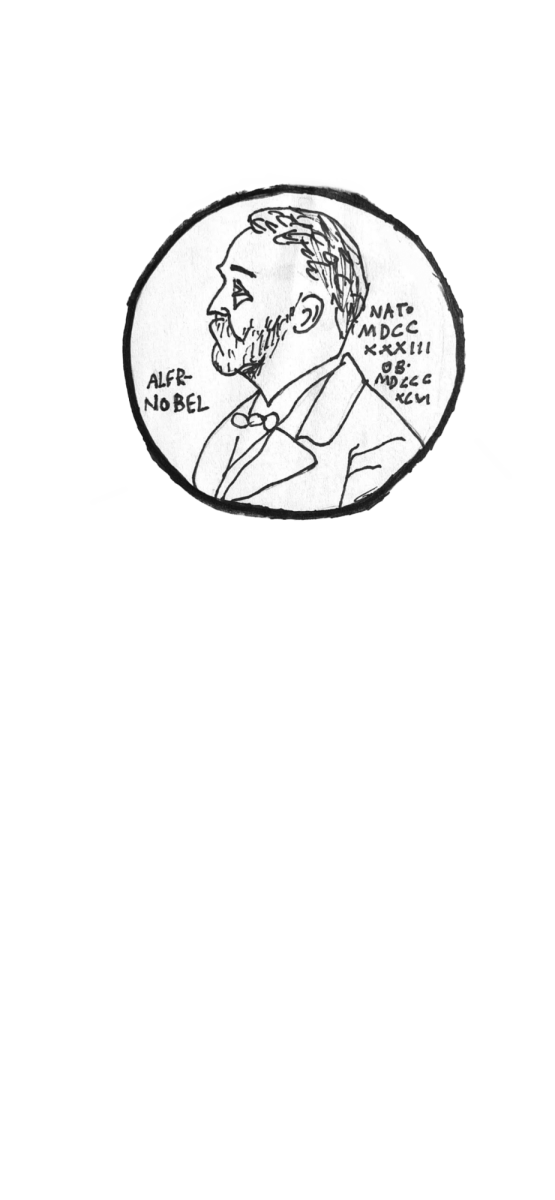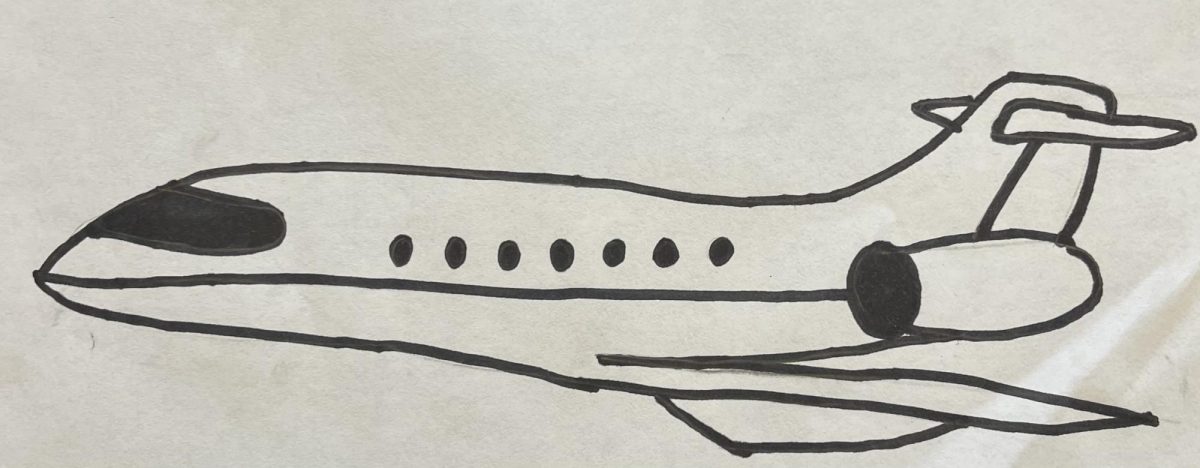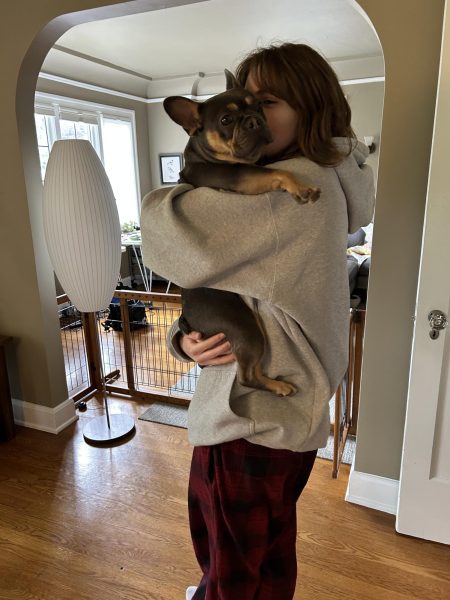On October 9, 2024, American biochemist, computational biologist, and Garfield alum David Baker was awarded a Nobel prize for his research in protein structures. Baker along with Demic Hassabis and John M. Jumper developed ways to predict and design three dimensional protein structures, the backbone of all biology and cellular function. With the help of their research, countless programs, biological discoveries, and strides in the medical field are now possible.
David Baker currently works at the University of Washington, where he gets to research groundbreaking new technologies and develop the codes necessary for the future of all medicine. Baker’s research focuses on protein structures and how they can be utilized to “[make] new machines to solve problems that face humans today,” Baker said. “All the important jobs in our bodies and in all living things are carried out by proteins, which are little machines that each carry out [their] own job. And so we’ve got 30,000 different proteins in us, and they’re really, really small, and they do all these complicated things.” Proteins are the backbone of evolution and allow all living things to function, “when you eat food, they digest it. When you’re thinking, it’s because they’re mediating the process in your brain,” Baker said.
The research will have the greatest impact on “new medicines, new vaccines, and then hopefully things for sustainability, [such as] breaking down plastic,” Baker said. With technologies scientists have discovered, humans are able to program Artificial Intelligence to “come up with and tell the program what [they] want the protein to do, then [have it spit] the protein out the other end,” Baker said. “It turns out it’s pretty easy now to make synthetic genes that encode that brand new protein, and then we take that synthetic gene and we put it into bacteria. The bacteria become like a factory, and they just make the protein,” Baker said.
“[He’s] really excited about all of these. And [that] there’s, like,100 people out here that are all working on all different kinds of things you could do with new proteins, for a pretty wide variety of problems,” Baker said.
Although Baker claims his memories of Garfield are fuzzy, he says he “liked the whole thing” and that students shouldn’t “worry about what [they] want to do,” since he didn’t have it figured out until his last year of college. Baker said he actually used to major in sociology but since his current job is “mainly dealing with people, [it] was relevant after all.”






Ginny Allemann • Oct 29, 2024 at 7:15 PM
Just a correction— David Baker won the Nobel Prize in Chemistry for 2024, not the Nobel Peace Prize.